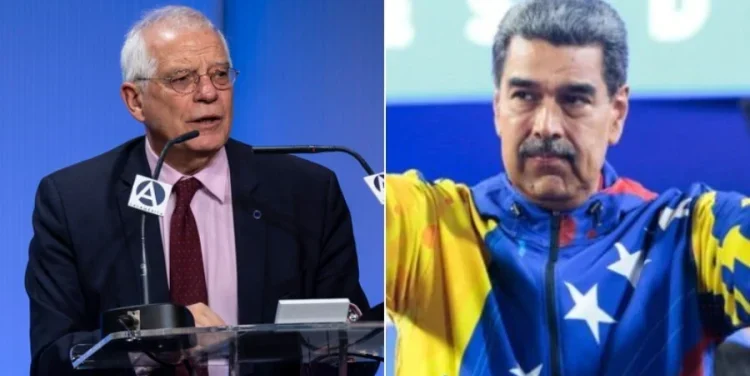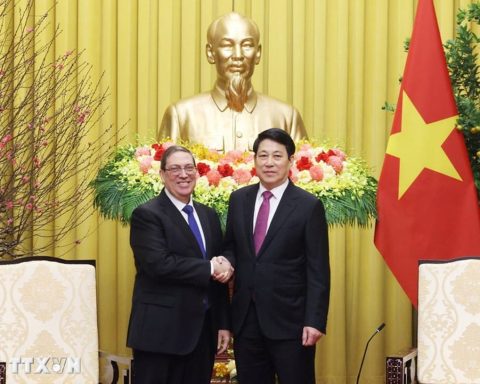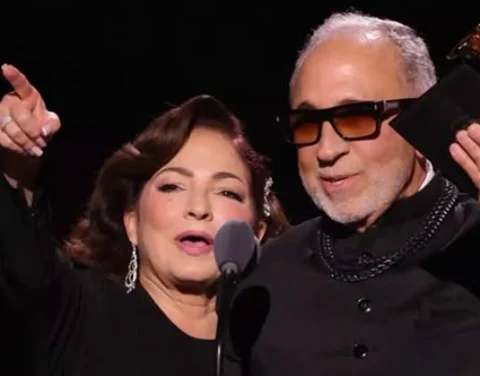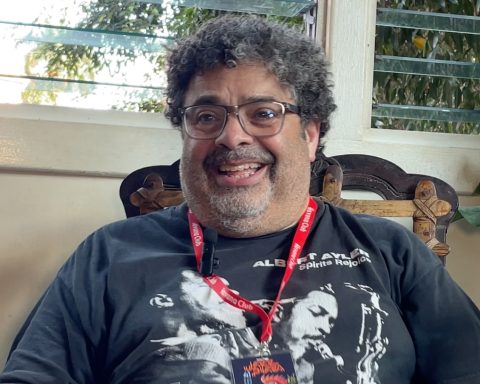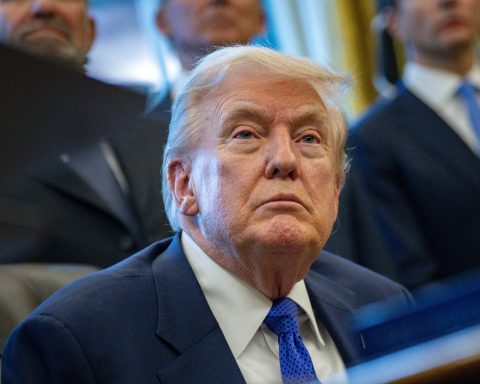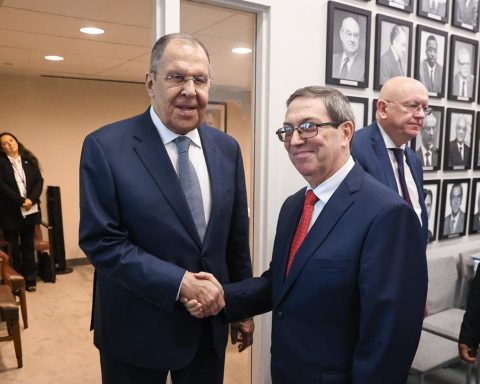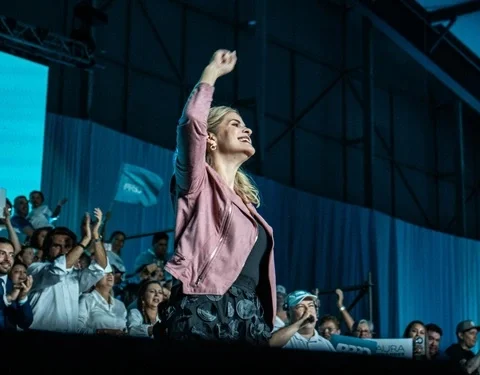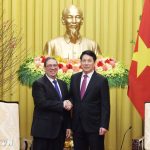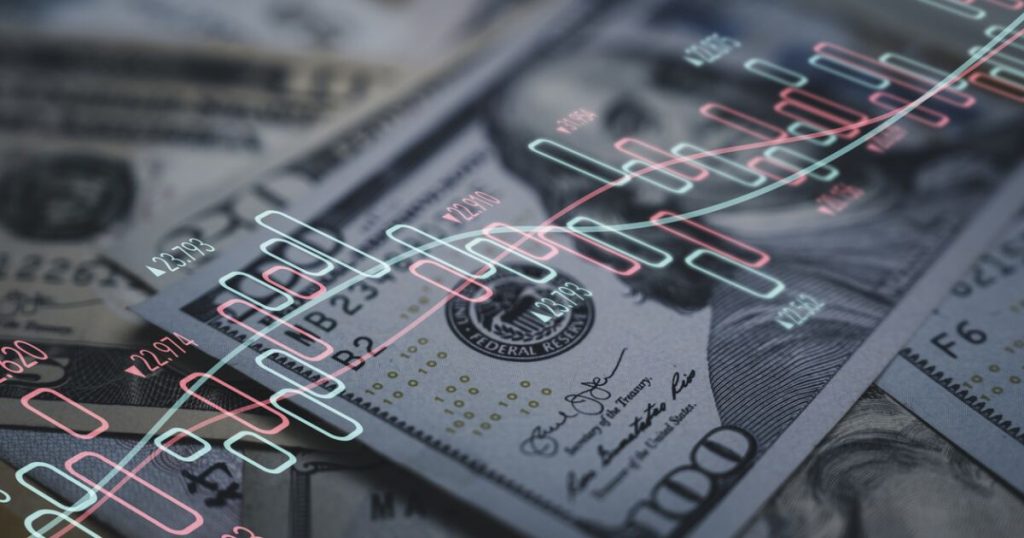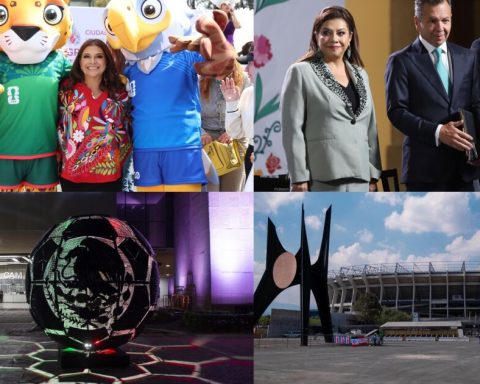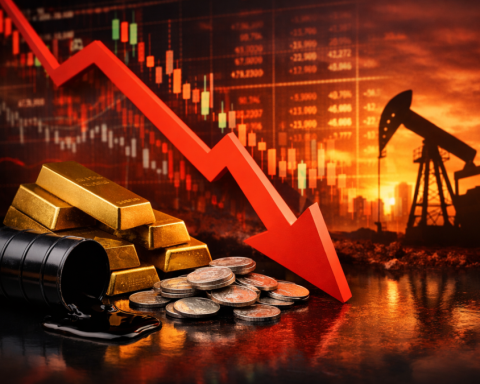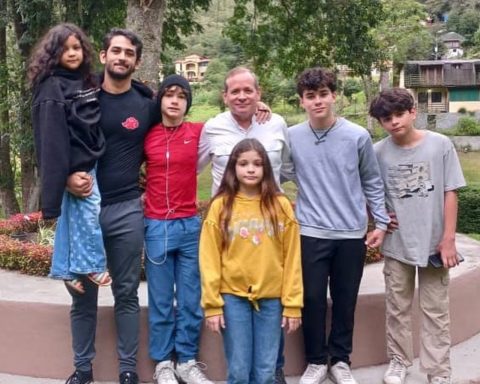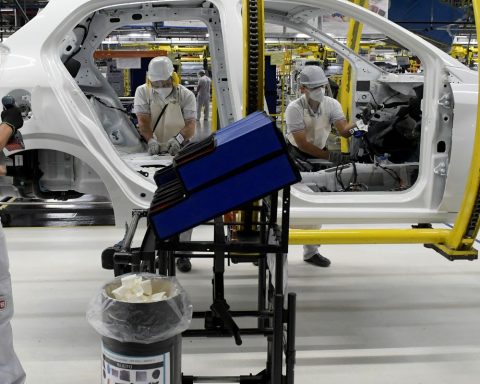MADRID, Spain.- The European Union (EU) has officially declared that it does not recognize the democratic legitimacy of Venezuelan President Nicolás Maduro following the presidential elections in July 2024. Josep BorrellEU High Representative for Foreign Affairs, communicated this position on Thursday, August 29, during a press conference following a meeting of foreign ministers of the European bloc in Brussels.
Borrell explained The decision is based on the lack of transparency in the electoral process, particularly the absence of verifiable electoral records, despite repeated requests from the EU for such documents to be produced. “We cannot accept the legitimacy of Maduro as an elected president. The Council decided that Maduro does not have democratic legitimacy,” Borrell said. He added that since no verification of the results has been provided and this is unlikely to happen, the EU has no choice but to deny the legitimacy of Nicolás Maduro’s government, considering him a “de facto” president.
“He will remain de facto president, yes, de facto, but we deny democratic legitimacy on the basis of a result that cannot be verified,” Borrell said in this regard.
He also pointed out that the refusal to recognise the country has political implications, although he clarified that the EU will continue to maintain diplomatic relations with the Venezuelan state. This includes maintaining embassies in the country, but without recognising the democratic legitimacy of its current government.
On the other hand, Josep Borrell explained that the countries of the European Union have decided not to impose new sanctions on Venezuela, given that they have already sanctioned 55 political figures in the country, including the vice president, now Minister of Oil, Delcy Rodríguez, and the Minister of the Interior, Diosdado Cabello.
The European diplomat stressed that imposing more personal sanctions would mean targeting the regime’s top political leaders, of whom only two or three remain unsanctioned. He added: “For this reason, Member States have chosen to observe how events develop, especially after the recent demonstrations and the way in which the Venezuelan government handles possible negotiations.”
